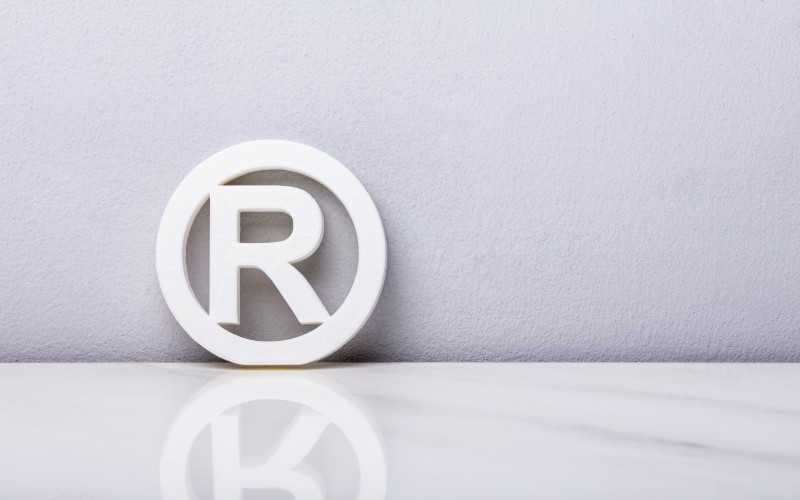
Trade Marks can be an invaluable asset for businesses looking to protect their brand. The subject of Trade Marks is an extensive one but what many people may not be familiar with is the application process and particularly the importance of Trade Mark Classes.
Intellectual property Offices all over the world use systems of classification to group together similar products and services. By far the most commonly used is the Nice Classification System, which is used in the UK and many other countries worldwide. When applying for a Trade Mark you need to decide which of these classes you want or need your Trade Mark registered in.
Trade Mark applications are made publically available for two months to see whether anyone with an existing registered Trade Mark wants to object to your application. The objection would be based on the similarity of the Trade Mark and the similarity of the goods and services for which it is registered. Therefore, classifications can be a useful tool to restrict who might object to your application. Making an application too wide, in too many classes increases the possibility that your Trade Mark will be similar to someone else’s and may incur an objection.
The first step is to consider what you intend to use your Trade Mark for. This means thinking about the product or the service that you intend to link the Trade Mark to. Take for example a business that makes and sells handbags. Handbags in of themselves fall into class 18. If this business decides later to expand into other clothing, such as t-shirts this would be a totally different class. You should therefore consider how you intend to use your Trade Mark now and how you might expand it in the next 2-5 years. If you register your Trade Mark under one class or for very limited goods or services and then expand your business, you will need to file another application and pay another application fee. If however at the start of the process, you have a clear vision for the strategy of your business, you can plan ahead and choose the classes that your business will require in the coming years.
Another reason classes are so important is that Trade Marks require to be used in order to remain valid. For a UK or EU Trade Mark after 5 years of registration a third party can ask for your Trade Mark to be cancelled if it hasn’t been genuinely commercially used. This means that a Trade Mark registered in the wrong class could potentially be cancelled in its totality or cancelled for the specific goods or services that it has not been used in. This therefore means that an application to register your Trade Mark in the wrong class could end up being effectively redundant if challenged further down the line. The issue of bad faith has also arisen in relation to Trade Mark applications which are very broad. A business might attempt to register across a very wide range of classes in order to prevent third parties from using a similar mark, but might actually have no real intention of using the mark for all of those goods or services. Again, applications of this nature could be challenged if it is believed that the application was made in bad faith. It is therefore important to balance the need to protect your mark against all relevant goods and services, without unnecessarily restricting a third party from using a similar mark for unrelated goods and services.
The Trade Mark application process can be daunting for anyone that is unfamiliar with it. From navigating the Nice Classifications to looking at the likelihood that an application might receive an objection, there are various issues which might arise. Thorntons offer expert assistance throughout the whole process.
We have specialist solicitors and a Chartered Trade Mark Attorney available to guide you through each step of the process and even help businesses manage their Trade Mark portfolios on an ongoing basis. For more information or to discuss your Trade Mark requirements call our specialist team on 03330 430350.

